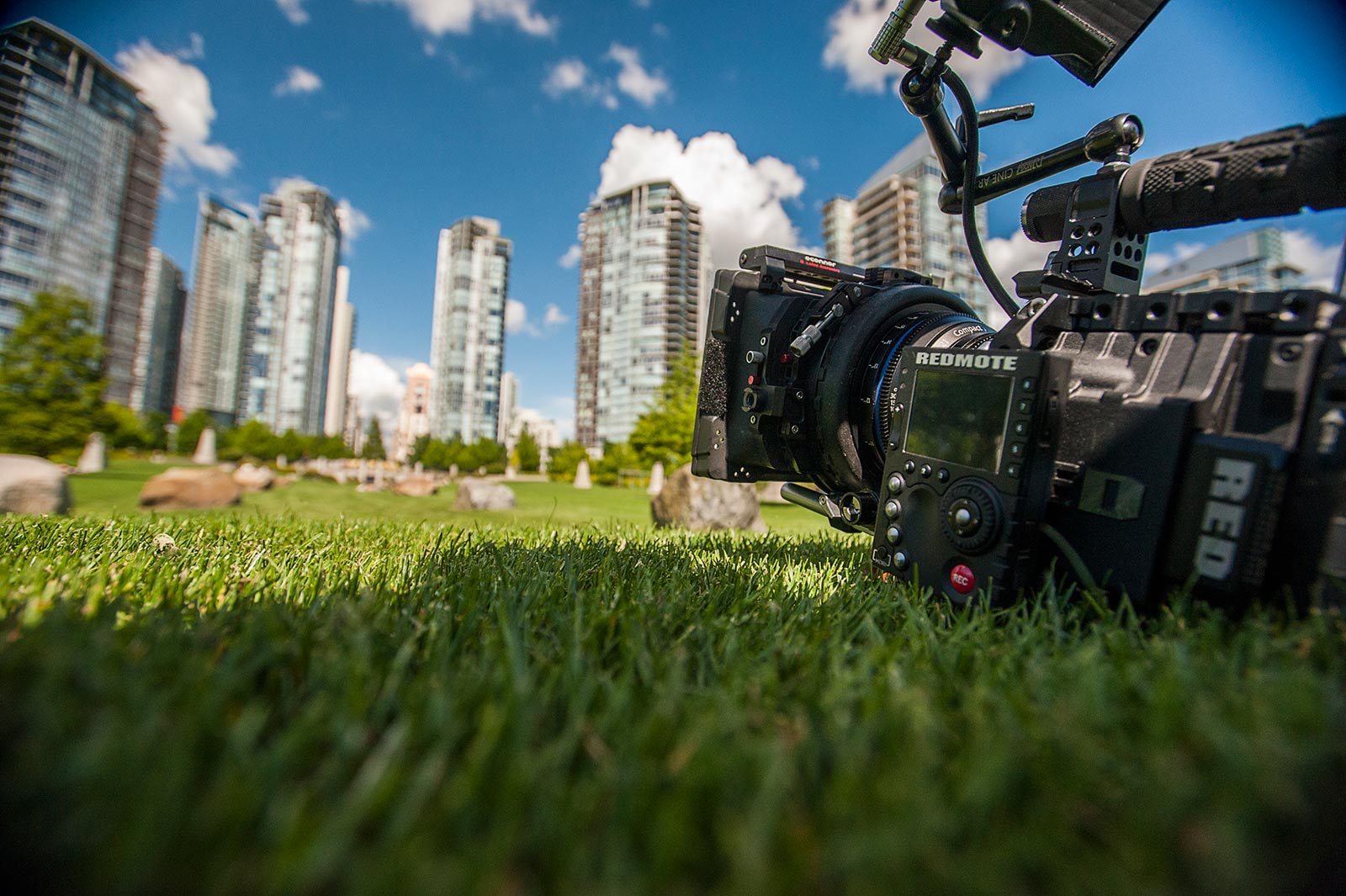Intangible managerial skills are as important as technical know-how in preparing successfully for production. The following are some general guidelines to help with the intangibles of preproduction.
Keep a Positive Attitude. Lack of experience makes it difficult for beginning filmmakers to assess their day-to-day preproduction progress. There are so many elements (cast, crew, locations) that have to fall into place that you might sometimes doubt that so many tasks could possibly be accomplished by the shoot date; perhaps you have one part still uncast, there is no sound mixer, and the key location has not yet been secured. Don’t panic.
Living with uncertainty is part of the process. Professionals understand that things can come together at the last moment. A positive attitude is as important as efficiency and organization. The producer situates himself at the middle of all the activity and keeps the production team focused. He must inspire confidence that all the elements will come together in time, no matter what the obstacles.
Allow Enough Time for Preproduction. How long should it take to prepare a short script for production? Answering this question is difficult because much depends on the experience of the creative team and the complexity of the script. A story set in one room with two characters is easier to preproduce than one demanding 10 different and unique locations. However, any short project can seem overwhelming to the first-time filmmaker.
Aside from the time spent securing the financing, a workable formula is to allow one week of preproduction for each day of principal photography. This step might take less time or more, based on script complexity and the director’s experience. In the end, you will do it in the time that is available.
Set a Preproduction Schedule. Use your shoot date as the final target. Create deadlines for securing cast, crew, and locations, and strive to follow them.
Hold Regular Production Meetings. Schedule regular production meetings and stick to them. Don’t rely on ad hoc gatherings to keep everyone informed. Events happen too fast and plans change too often for everyone to be kept abreast via casual chats. Keep in constant touch with the key creative staff. Learn to work in a nonlinear fashion. It is a juggling game. The production team needs to work on many things at the same time.
Production meetings are opportunities to brainstorm ideas and to solve problems. The key to running an effective production meeting is to be organized and to stick to the agenda. Maximize the time you spend with the crew. Respect all points of view, but don’t linger too long on one issue with the whole crew present. Deal with a particularly thorny issue later with only the appropriate crew members. You might have to set up smaller meetings with individual department heads—art, camera, sound, wardrobe, props, hair, and makeup—to deal with specific issues in their respective areas.
Here are some additional suggestions:
- Hold the production meeting at the same time and place each week.
- Have refreshments available.
- Before the meeting, make sure everyone has a copy of the script.
- Set a time limit for the meeting.
- Publish and hand out a written agenda if possible.
- Moderate the meeting, keeping everyone focused on one topic at a time.
- Deal with one department at a time.
- At the end of the meeting, summarize the points of agreement.
- Assign tasks to appropriate crew members.
- Set an agenda for the next meeting.
- Distribute follow-up notes of decisions made (via email).
Email and text messaging are efficient ways of communicating with cast and crew. Alerting them about a change of time or venue of your next production meeting can be handled in seconds. In addition, Cloud-based systems such as Google and Dropbox can also be utilized for crew members to communicate and collaborate remotely.
Delegate Responsibility. Preproduction responsibilities fall on many shoulders. The producer must assign tasks to the whole creative team (art director, director, director of photography) and then keep track of each person’s progress.
Never Assume Anything. Double- and triple-check everything. If the producer assumes that the location manager has checked the electric supply of an apartment location, chances are only 50–50 that he did. Do you want to take that chance?
Remember that All Things Change. The process of preproduction is an evolution. The script, schedule, and budget will go through many changes before they are finalized, sometimes right up to the shooting date. The essential caveat is that once shooting begins, changes cease and you must concentrate on fulfilling the script, schedule, and budget.
Stay Healthy. Putting together all the ingredients needed to create a film or video can be exciting but stressful, especially if you’re doing this for the first time. The daily stress makes demands on the body. You want to be healthy when you are in production. This means taking care of yourself during preproduction and staying at your peak. You cannot slow down production because of a cold or postpone it because of the flu.
Source: http://www.masteringfilm.com/how-to-run-an-efficient-feature-film-production-meeting/

